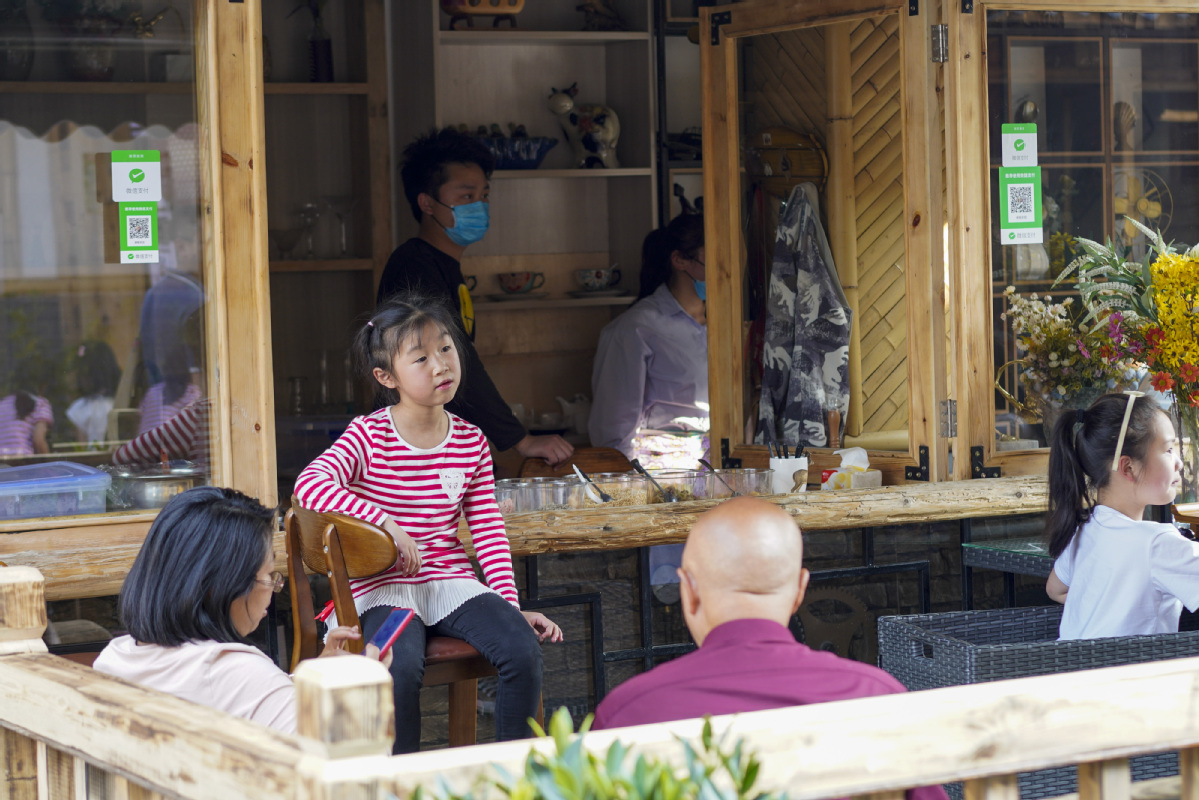Helping hosts to serve guests again


Homestay listings platforms' proactive measures stoke incipient recovery in travel business
As the annual gathering of the National People's Congress, China's top legislature, continues in Beijing, the country's lawmakers will likely be pleased to note that the travel industry is one of the economic bright spots that is bucking the larger COVID-19-related downtrend.
Part of that credit should go to the short-term vacation rental sector. In China, with the epidemic receding, people have begun to travel again, industry executives said.
With more and more travelers preferring homestays, they will likely use online platforms to book accommodation. Data from the China branch of US-based Airbnb, a website/app that lists short-term rental accommodation, showed online searches for domestic listings for the Labor Day holiday early this month surged more than 2.5 times compared with the same period last year.
Domestic bookings between April 1 and April 18 skyrocketed more than 200 percent month-on-month.
Based on the booking information from April 5 to 11, about 75 percent of domestic trips were booked within seven days before departure, indicating that traveling on impulse is fast becoming the new normal. Short-haul routes are popular among travelers as 60 percent of trips booked between April 5 and 8 were made within 300 kilometers of where people live.
According to Airbnb, rural homestays are among the common choices for leisure travel, given the need for physical distancing in the wake of the pandemic.
Bookings of rural homestays were mainly for "Kezhan" (a small-scale Chinese-style homestay or guesthouse), farm stay, cottages and villas, all of which have witnessed robust growth.




































